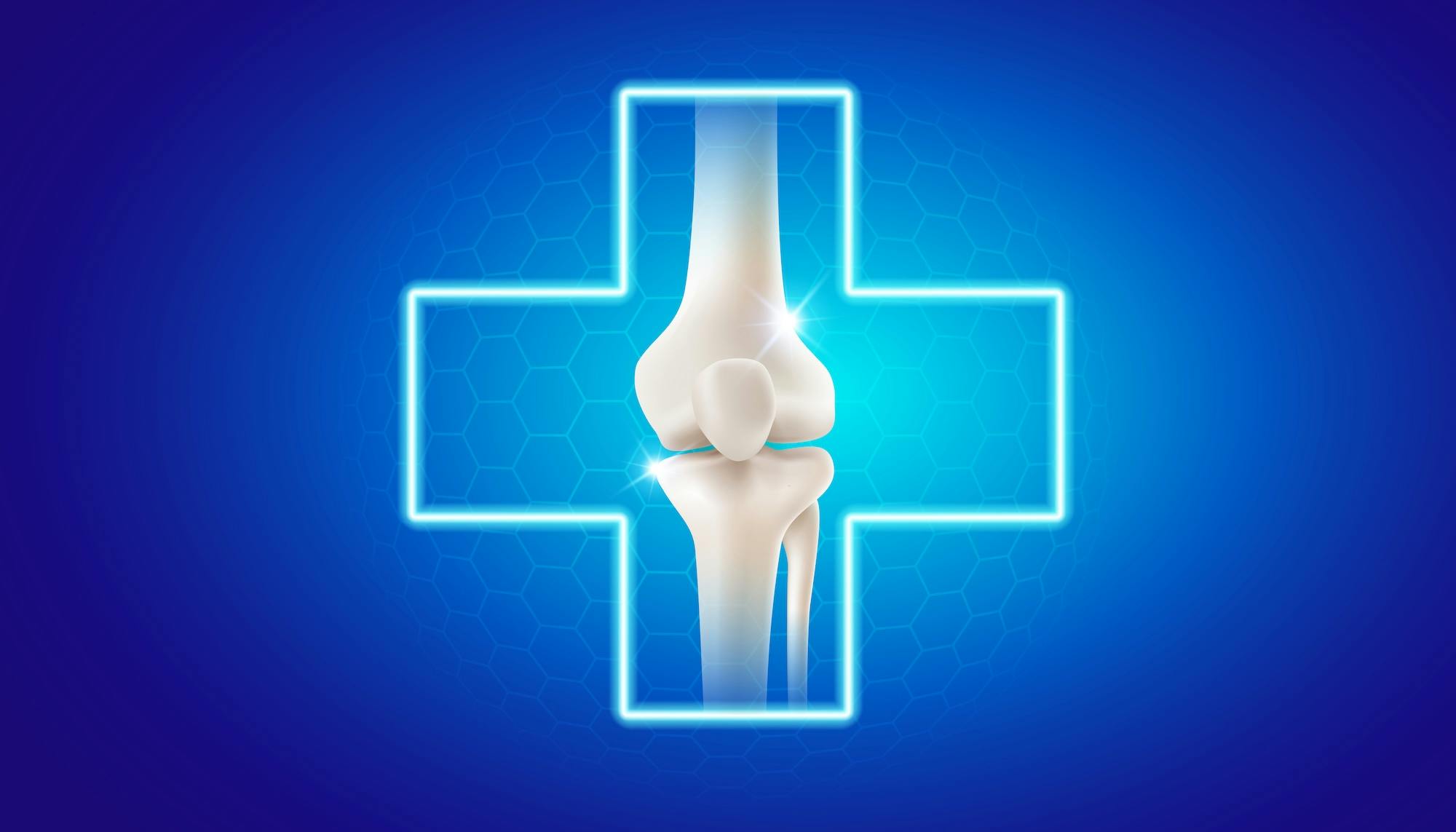- Blog
The Right Shoes
Posted on 04-16-2025 in Foot/Ankle, Ankle Pain, Lisfranc Injury, Plantar Fasciitis & Running by Dr. Erik Nilssen, Dr. Sonya Ahmed

Posted on 04-16-2025 in Foot/Ankle, Ankle Pain, Lisfranc Injury, Plantar Fasciitis & Running by Dr. Erik Nilssen, Dr. Sonya Ahmed
Footwear serves several useful functions, including protecting our feet, cushioning our body weight, providing comfort and, of course, adding a fashionable element to our wardrobe choices. However, selecting the proper footwear can also make a difference in your overall foot health. As you consider those fun new kicks, we encourage you to be mindful of how the correct type of shoe can help you avoid injuring or further exacerbating existing foot and ankle conditions. Specifically, ill-fitting shoes can be painful and cause issues like bunions, hammertoes, plantar fasciitis, Lisfranc injuries and more.
Of course, living on the gorgeous Gulf Coast, we can’t talk about footwear and not discuss flip-flops. When you live, work and play in the sunshine state, it’s nearly impossible to avoid wearing them. After all, it’s not particularly practical to march out on our sugar white sands in a pair of wing tip loafers. However, flip-flops are not appropriate for everyday use. They leave your feet vulnerable to bacterial and fungal infections, in addition to slipping around, causing painful blisters. Additionally, they contribute to heel pain, and the lack of support they provide can ultimately lead to bad posture.
We also treat many athletes of varying skill and experience levels who often find themselves wearing the wrong type of shoe. While the choices can be overwhelming, you can typically find shoes made for your specific athletic activity. From running, training and walking shoes to court and field sports shoes as well as specialty sports shoes, the options are endless. Visiting a specialty store where you can work with a trained staff member is often the best place to start.
For those who love to wear high heels, it’s equally imperative that you find the right fit to avoid injury or further damage to your feet and ankles. High heels are designed to point the foot down, which gives the leg a slender appearance. This position puts a lot of pressure on the ball of the foot, bending the toes up to meet the ground. The higher the heel, the higher the pressure on the ball of the foot, which, over time, wearing high heels may cause a stress fracture. However, by selecting options with lower heels and a wider toe box that matches your toe shape, you can alleviate pressure on the ball of the foot.
Regardless of the type of footwear you are considering, the following tips are helpful to keep in mind as you select how the shoes are constructed, correctly measuring your feet and finding the right fit.
If wearing the wrong type of shoe has caused an injury to your feet or ankles, or you have been experiencing symptoms of any of the painful conditions we’ve described, reach out to North Florida Bone & Joint Specialists. Our experienced physicians, Dr. Erik Nilssen and Dr. Sonya Ahmed are available to discuss your specific needs and develop a treatment plan that’s right for you. Call us at 850.435.4800 or complete our Online Appointment Form today.

March is National Nutrition Month®, and as part of the conversation, the North Florida Bone & Joint team wants to emphasize the impact diet can have on your bone health. Before diving in, it's essential to understand the role the skeleton plays in your body. Specifically, the skeleton—and the bones its comprised of—serve the following functions:

At North Florida Bone & Joint Specialists, we’re committed to delivering convenient, expert care throughout the Gulf Coast. As part of that commitment, we’re excited to announce the expansion of our clinical office footprint. In March, we opened two new locations in Milton and Navarre, FL, further enhancing our ability to serve patients across Northwest Florida.

Valentine’s Day is all about love—so why not show your joints some love, too? Whether you’re an athlete, an active adult, or simply looking to maintain mobility as you age, taking care of your joints is essential for long-term health and well-being. At North Florida Bone & Joint Specialists, we believe that self-care isn’t just about relaxation—it’s about making intentional choices to keep your body strong, pain-free, and resilient. Here are four self-care tips to keep your joints healthy and moving with ease: